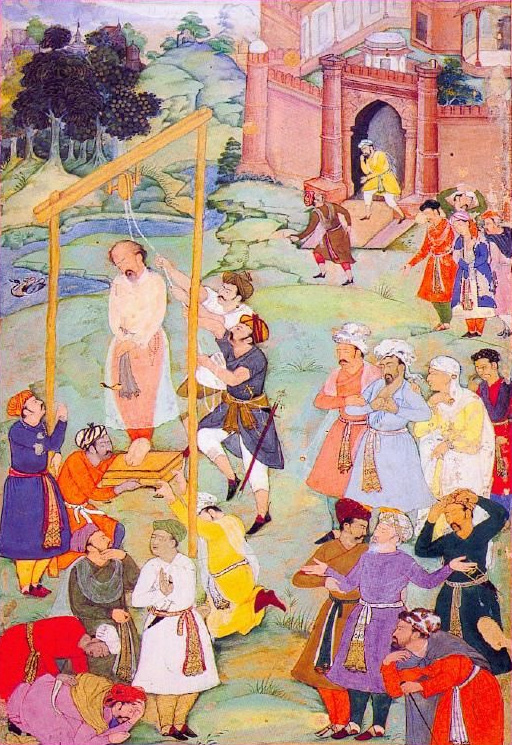Mysticism and Philosophical Analysis (1978) by Steven T. Katz, p. 92; four centuries later the Christian mystic Meister Eckhart would make a very similar assertion: "The eye with which I see God is the same with which God sees me. My eye and God's eye is one eye, and one sight, and one knowledge, and one love."
Variant translations:
I saw my Lord with the eye of the heart. I asked: Who art Thou? <br/> He answered: Thou.
As quoted in Sufism : The Mystical Doctrines and Methods of Islam (1976) by William Stoddart , p. 83
I saw my Lord with the eye of the heart
And said: "Who are you?" He answered: "You!
As quoted in In the Company of Friends : Dreamwork Within a Sufi Group (1994) by Llewellyn Vaughan-Lee, p. 86
I saw my Lord with the eye of the heart, and I said "Who are you?" and he said "Your Self."
As quoted in The Modern Alchemist : A Guide to Personal Transformation (1994) by Iona Miller, p. 119
I saw my Lord with the Eye of my heart,<br/> And I said: Truly there is no doubt that it is You.<br/> It is You that I see in everything;<br/> And I do not see You through anything (but You).
As quoted in "Husayn ibn Mansur al-Hallaj" at Sidi Muhammad Press http://www.sufimaster.org/teachings/husayn.htm
Kontext: I saw my Lord with the eye of my heart.
He said, "Who are you?" I said, "I am You."
You are He Who fills all place
But place does not know where You are.
In my subsistence is my annihilation;
In my annihilation, I remain You.
